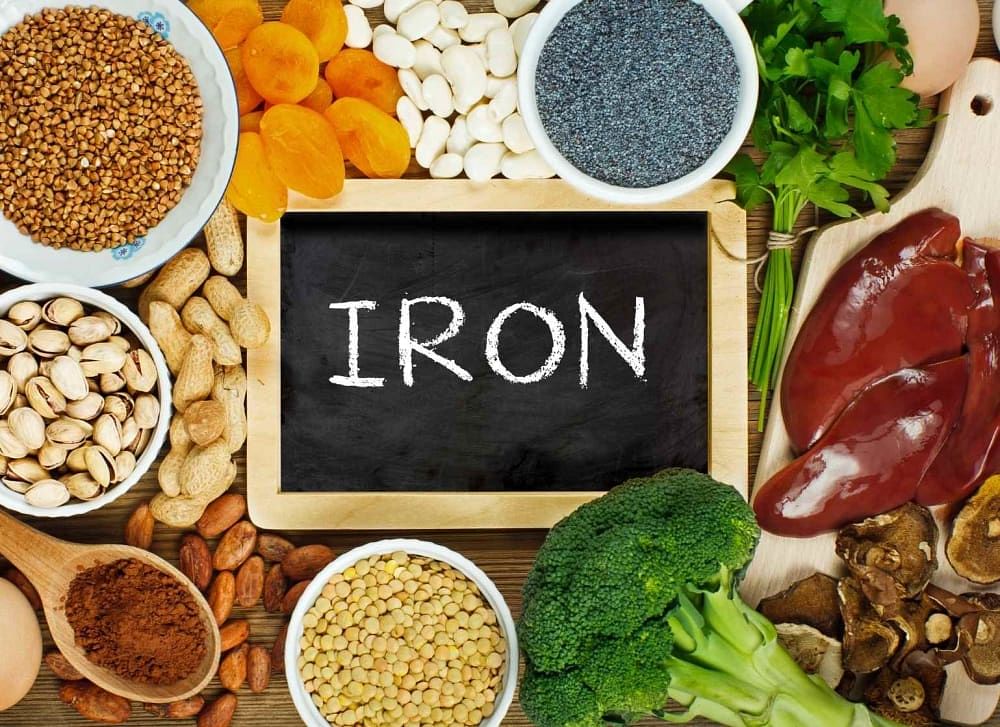Table of Contents
If you’ve been feeling tired for some time now you may be surprised to know that you could have an underlying vitamin deficiency. Of course, our busy lifestyles and schedules being packed to the brim also play a part. But often when you have been feeling tired for quite some time there can be other causes at play. A surprisingly large number of vitamins play key roles in energy production at a cellular level. These include B12, magnesium, vitamin D, and even iron.
Whether you’re considering increasing your dietary intake, taking oral supplements, or having IV vitamin therapy, let’s take a closer look at the vital nutrients needed to give us energy, and find out how they impact the body.
1. Vitamin B12 and energy
B12 is one of eight B vitamins that work together to help your body turn the food that you eat into energy. B12 in particular plays an integral role in the production of red blood cells, support of the nervous system, DNA synthesis, and more. Vitamin B12’s most well-known role is in helping the body to absorb folic acid which is needed not only to produce energy but to regulate its release of it.
If you have a B12 deficiency you might experience fatigue, muscle weakness, muscle stiffness, mood swings, brain fog, impaired cognitive function, and even nerve damage. As we get older the digestive system does not absorb as much B12 and as such, our risk of B12 deficiency increases with age. People who are vegetarian and vegan are also at greater risk of a B12 deficiency. This is because B12 is found in animal products like meat and dairy. For this reason, vegetarians and vegans are recommended to supplement with B12 daily and to incorporate fortified foods into their diet.
2. Vitamin D for fatigue
It’s likely that you’ve heard about the benefits of vitamin D for mood, but did you also know that it’s vital for energy production? In fact, it is so important that the Government recommends that every person in the UK supplements their diet with vitamin D between October and March.
This hard-working vitamin is available in foods like egg yolks, beef liver, and cheese, however, the amount we get through our diet is not enough to meet demand. The majority of our vitamin D is absorbed through our skin from the daylight – easy enough in the summer but during autumn and winter, this isn’t as straightforward. Vitamin D is responsible for helping your body absorb calcium which is one of the essential components for strong bones.
It also helps with fatigue because vitamin D plays a role in the mitochondria, the part of the cell that generates the body’s energy. Vitamin D deficiency has been linked to joint pain, muscle pain, low energy, weight gain, hair loss, and low mood.
3. Magnesium
Magnesium is a nutrient that contributes to energy production and muscles. It triggers the production of adenosine triphosphate (ATP) which is our cells’ energy source. The energy created is then used across the body for all functions, so keeping it topped up is essential. Your body needs iron for growth and development.
Magnesium-rich foods include avocado cauliflower green leafy vegetables, lentils, and almond nuts. If you have low magnesium levels, in addition to feeling fatigued, you may also feel weak and experience nausea and loss of appetite. Low magnesium levels for an extended period of time have been linked to osteoporosis, heart diseases, and even diabetes.
4. Iron

Image source: https://bebodywise.com/
Iron is responsible for transporting oxygen around the body to the brain and muscles – this is essential for physical performance and energy. If you are low on iron you may have noticed that you have no stamina, find it difficult to exercise, have shortness of breath, and tire really quickly.
Iron is found in meat, fish, dark green leafy vegetables, pulses, and wholegrain rice. Heavy sweating and blood loss can cause iron levels to drop, which means that women who menstruate are at a higher risk of iron deficiency. If left undiagnosed, an iron deficiency may lead to anemia which can result in heart problems, pregnancy complications, and more.
5. Improving your vitamin intake
Whichever method of supplementation you are considering, please bear in mind that the information provided above is informational only.
Before taking any supplements, whether orally or intravenously, you should seek guidance from your GP or a trusted healthcare practitioner for personalized advice and recommendations.


More Stories
Thoughts as of late: on evolving, growing & that tiny voice inside
County Health Officials Report 17% Increase in Tuberculosis Cases
10 Most Nutrient-Rich Foods To Include In Your Diet